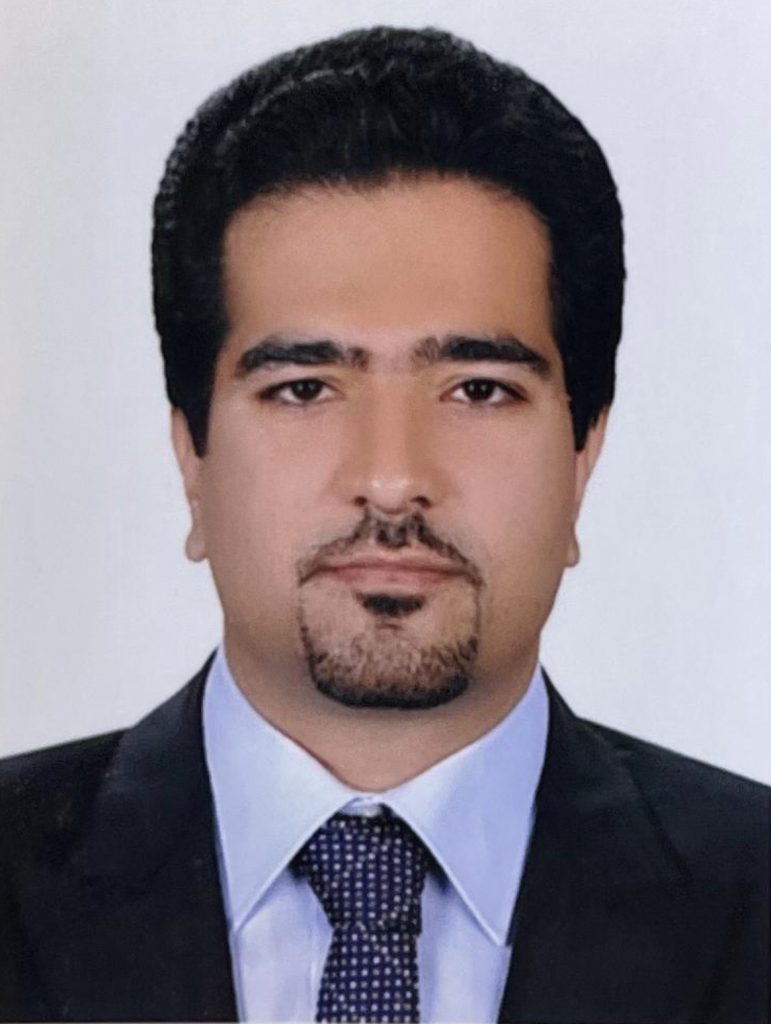Over the past decade, dentistry has moved away from a purely biomedical model (Alrawiai et al. 2021), and researchers and health policy makers are looking to person-centered dental care (PCDC) as an alternative approach (Apelian et al. 2017). It is interesting that the importance of PDCC in dental implant practice has already been described by the President of the ITI.
Currently there is insufficient evidence on how to implement this approach in daily dental implant practice. However, the results obtained from the implementation of this model in other fields of medicine show how the level of satisfaction of our patients can be increased substantially.
Humanizing dental care
The primary objective of the PDCC approach is to humanize dental care by considering the patient’s whole health and values in treatment planning (Apelian et al. 2014). Accordingly, understanding the patient’s perspective of the illness and expressing empathy are key features of PDCC. Understanding the dental implant patient’s perspective entails exploring the patient’s concerns, feelings, ideas, and experience regarding the missing teeth, as well as what the patient expects from dental implants.
Patients might understand their illness and situation differently. They might attend the dental office with a preconception of how they will be treated, which could be for a variety of reasons. They might receive information from social media, friends with different treatment scenarios, or even their own previous experience of dental implant treatment. Hence, this information and preconceptions greatly affect their expectations of treatment (Esfahani et al. 2016).
Managing expectations
Patients and dentists often have different expectations of dental implant treatment outcomes. Therefore, it is important to understand patients’ perspectives before beginning the treatment. Patients may have unrealistically high expectations of dental implant therapy. Most patients consider implants to be a cost-effective treatment because they think the implants will last a lifetime (Yao et al. 2014). However, we know that some complications such as peri-implantitis may jeopardize the long-term functioning of dental implants. Therefore, it is crucial to provide our patients with enough information and clearly explain the possible risks and alternative treatments.
If patients are not aware of these risks before starting the treatment, they may find themselves in a very bad psychological situation if peri-implantitis or other complications develop, and the consequences will also affect the dentist. In some cases, they even feel somewhat cheated by the dentist who initially recommended implant therapy (Abrahamsson et al. 2017).
Each patient has his/her own distinct background, needs and expectations. By listening to a patient’s personal story and understanding their uniquely desired outcomes, dentists obtain a holistic view, a better understanding of contributing factors and can therefore make better decisions.
Listen to your patients – they are telling you the diagnosis
Exploring and understanding the patient’s experiences and feelings regarding the tooth loss and respecting the patient’s beliefs and expectations are at the core of person-centered dental implant treatment. If we listen carefully to our patients, we can assess their health literacy level and provide the necessary explanations accordingly. There are many reasons why a patient might have difficulty absorbing what we say (Keij et al. 2021). We can check they have understood by politely asking them to repeat what we have said. The patient should not be overburdened with extensive information. We may wish to offer a further appointment to go through things again.
Over 100 years ago, Sir William Osler counseled his students to “listen to your patients” as they are “telling you the diagnosis.” A modern-day Osler may also suggest dentists ‘listen to your patients” because they are also “telling you the treatment plan “.
Finally, it is noteworthy to mention that listening is not the only means of discovering the patients’ values and emotions. We also need to pay attention to what the patient does not say. We can look for the nonverbal cues that might give us hints about how the patient or family is feeling.






